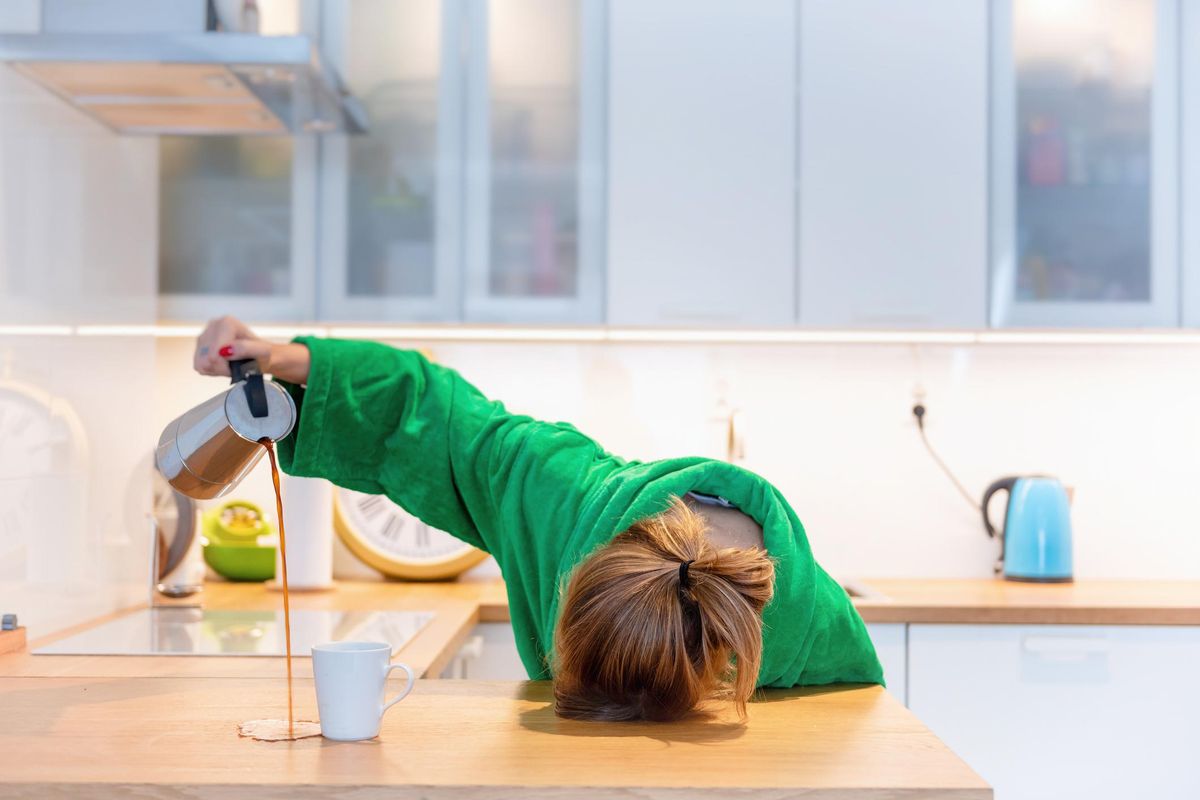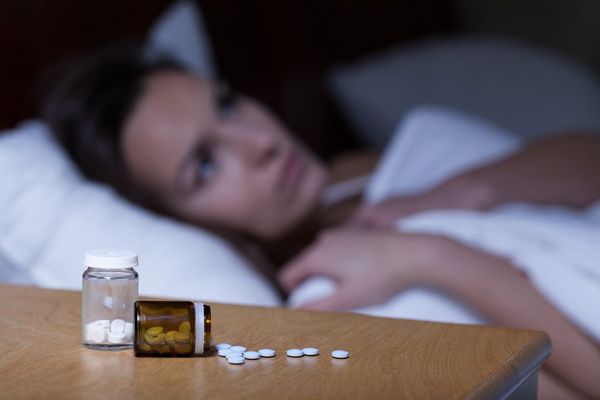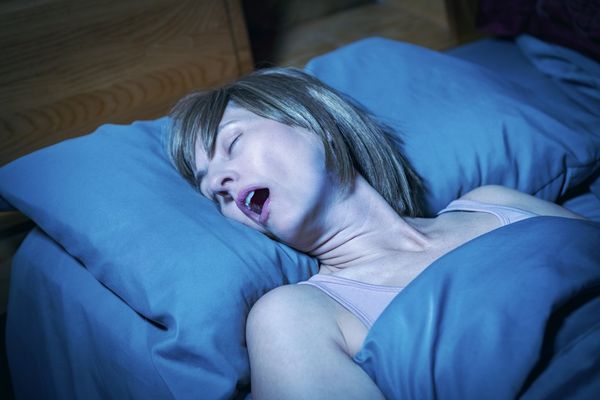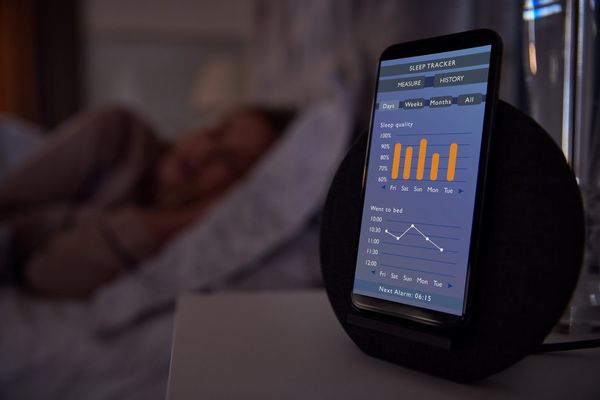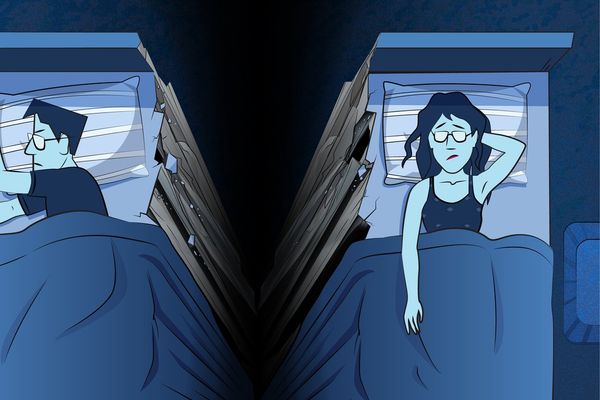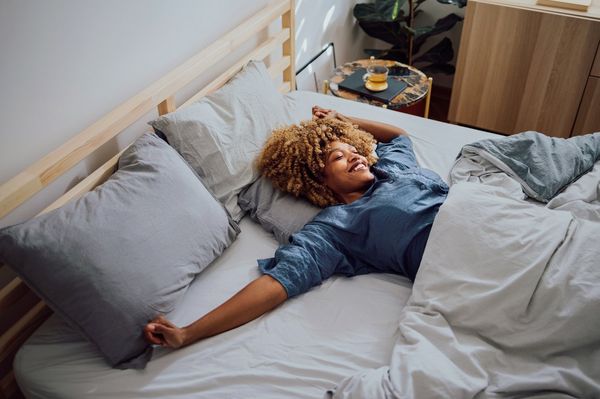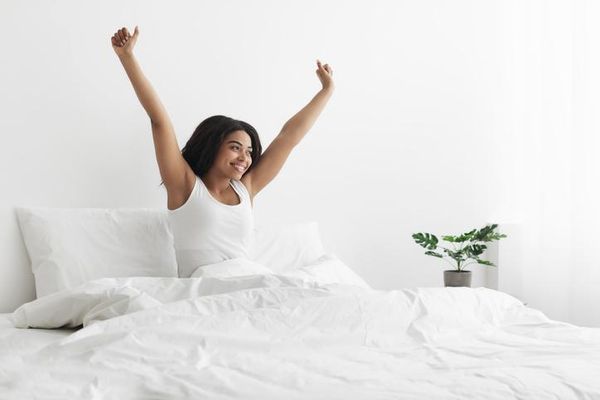The day after not sleeping well, you may feel a little foggy, a bit hungrier than normal, slower to react, irritable and perhaps even a bit down in the dumps. Or you may feel perfectly fine — even finer if you're fueling up with caffeine.
Whether you notice yourself feeling off or you feel nothing unusual at all, what’s happening in your sleep-deprived brain is the same, and it’s not good.
Without the flush of sleep, our brains get clogged up
“Our brain is like a grocery store,” said Jill Bolte Taylor, Ph.D., a neuroanatomist (someone who studies the nervous system). “Throughout the day, everything gets mixed up, and waste is created. Then the night crew comes in and cleans the floors, restocks the shelves. This is [the equivalent of] what happens to our brain cells during sleep. All the waste of the day is flushed out, and the environment is replenished.”
When we don’t get seven-plus hours of sleep a night, our brain cells can’t perform that essential flush, which is a key purpose of sleep. This causes a kind of backup (specifically of oxidants) that takes a toll on our brain’s ability to function in a clear and orderly manner.
And we can see the effects of that toll in as little as one day.
“Your memory may be a bit off. You may not remember words,” said Dr. Smita Patel, an integrative neurologist, sleep medicine physician and member of HealthyWomen’s Women’s Health Advisory Council. “You may notice mood changes — that you’re more irritable or stressed out.”
Now, mind you, this is just if we don’t get enough sleep. If we don’t get any sleep at all, the effects are even worse.
“Studies have shown that when you don't get sleep within 24 hours, it's like having a blood alcohol level of .10% — legally drunk,” Patel said.
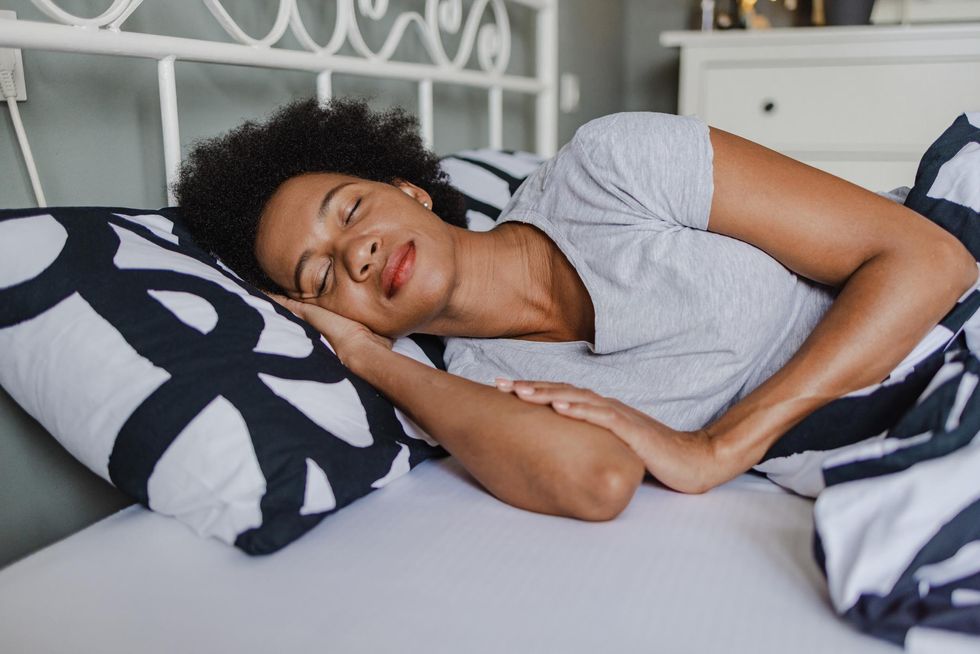
We must respect the sleep cycles
You may have heard about the different stages of sleep. Here’s what a healthy sleep cycle looks like:
- A complete sleep cycle lasts around 90 to 110 minutes, beginning with light sleep or the feeling of drifting off.
- As we descend deeper into sleep, our breathing slows down.
- Eventually our brain reaches rapid eye movement (REM) sleep. This is the final and deepest phase of sleep, during which we may not even hear our name being called. It is also the time when we dream.
Completing multiple cycles each day is critical for that full flush to take place, and for this reason, Taylor encourages folks to wake up without alarms.
“If the alarm goes off during REM, you disrupt that cycle,” Taylor said. “If you can’t wake up without an alarm, that’s a sign that you should go to bed earlier.”
Our sleep needs change as we age
When we’re babies, we need a ton of deep sleep, with about 50% of our sleep cycle spent in REM. As we age, our need for REM sleep decreases.
“By the time we’re adults, about 25% of our sleep is in REM sleep,” Patel said.
Senior adults still need that 25% of REM sleep, but unfortunately, as we get past the age of 65, we may have many sleep disruptions that rob us of that crucial REM.
“Sleep disruptions when we’re older could be due to a variety of factors,” Patel said. “It could be pain, medications or lack of activity during the day. But we still need those same amount of hours. We still need that deep REM sleep.”
Lack of deep sleep is tied to mental health issues
The symptoms or side effects of sleep deprivation (which, as noted earlier, may or may not be something you notice) can include more than the aforementioned irritability, delayed reactions, increase in appetite and brain fog. Poor sleep or insomnia is also tied to more serious chronic problems including depression and anxiety.
Does lack of sleep make you depressed and anxious, or are you not sleeping because you’re depressed and anxious? It can go both ways.
“It’s bidirectional,” Patel said. “Certainly if you didn't have anxiety and depression before but now you’re not getting sleep, you may notice yourself feeling depressed and anxious. And if you have depression or anxiety that isn’t being well treated, that can make it harder to get good sleep and can lead to sleep disorders.”
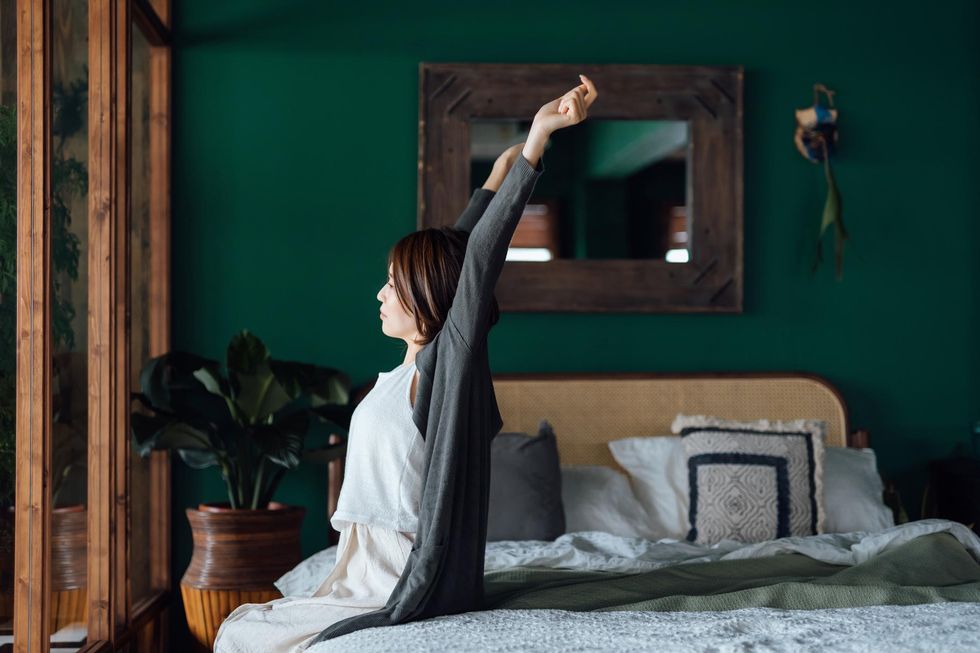
Inadequate sleep may cause cognitive decline including dementia
The more frequently you go without good sleep, the more harm you’re causing your brain in the cognitive sense, too. More and more research suggests that inadequate sleep can lead to long-term cognitive decline, including dementia.
To understand how this could happen, let’s track back to Taylor’s grocery store analogy. All that waste doesn’t just go away if you sleep here and there; it builds up and creates permanent damage.
“The more toxins that collect in our brain over time, the more at risk we are for developing dementia,” Patel said.
Let’s break it down further by recognizing how dementia (including Alzheimer’s, a type of dementia) actually works.
“Dementia is nothing other than brain cells not being able to communicate with other brain cells in a normal and healthy way,” Taylor said. “What gets in the way of this communication? Lack of sleep, for one.”
Napping is nice, but it doesn’t help much
Unfortunately, we can’t power nap away all the consequences of poor nightly sleep. We really need those full and consistent cycles — and those don’t occur during a nap, which is akin to hitting a pause button and far from the total reset that comes from experiencing full sleep cycles. In fact, people with insomnia should not nap or, if they feel they must, they should limit themselves to one 20-minute nap early in the day.
Remember, lack of sleep hurts our bodies too
It’s worth noting that those complete cycles of sleep don’t just flush out our brains; they flush out our entire bodies.
“Lack of sleep doesn’t just cause cognitive [decline], it causes physical decline,” Taylor said. “We can’t stay healthy if we’re not sleeping.”
We often hear that we are what we eat, but we must also keep in mind that we are how we sleep. So, follow the rules of good sleep hygiene. Make your room cool and dark. Keep to regular bedtimes and wake times. Stop scrolling through your phone as you prepare to drift off into unconsciousness.
Respect the trillions of cells that make you function — and they’ll keep up the good work.
- Short-sleepers are more likely to suffer from irregular and heavy ... ›
- The Dangers of Energy Drinks - HealthyWomen ›
- Sleep Disorders - HealthyWomen ›
- Short-Sleepers Are More Likely to Suffer From Irregular and Heavy Periods - HealthyWomen ›
- Help for Brain Fog: Causes & Solutions for Mental Fuzziness - HealthyWomen ›
- How Insomnia Effects Your Health - HealthyWomen ›

